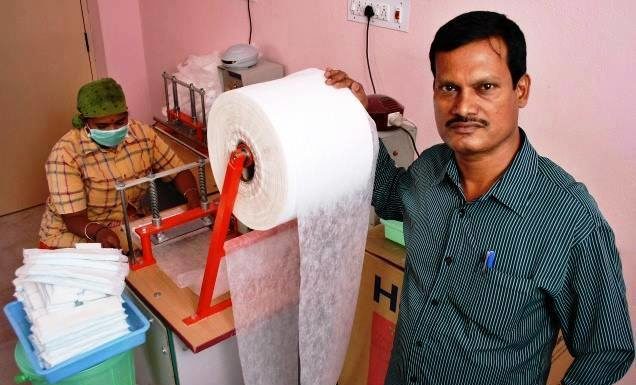We, in India, have world-class schools, avant-garde infrastructure, and qualified educationist but there is still something that sometimes pulls back our education system. Certain practices that we need to get done with in order to embrace the developments in the field of education.
It’s a number game
Whatever we learn in elementary school, high school, or university, is measured in numbers. A 10 on 10 is brilliant, a 6 makes you average and below that is poor. So the entire game is mostly about retaining in order to be able to vomit it during the examination day. No offence to the ones winning this game, but the system is not considering the slow learners. The problem isn’t just the numbers but the fact that sometimes learning ends as soon as the numbers are accumulated. The ultimate goal of any sort of learning couldn’t be (and shouldn’t be) numbers. High time we realize it.
Government vs. Private
With the mushrooming of private schools at every nook and corner and their claim for best international education, government schools are slowly being considered passé and people are running after the money making privately run schools. They do have a point (to some extent) because the government doesn’t seem to be doing much to improve the status of their schools which includes limiting the number of pupils per class, classroom infrastructure, surprise visits to monitor the condition, etc.
Their private counterparts, on the other hand, provide education at a cost that is not affordable by all. The gap in the government and private school education is slowly becoming a status symbol among many.
Negligence of sports
We need our kids to practice sports as much as possible. Sports increases concentration but it is not considered as essential in all schools across India. Sports needs to be a part of children’s daily routine to distress them from the monotony of classrooms and to help them make more focused.
Restricted Classroom Environment – for both teachers and students
Our system is in a dire need to step beyond the course books. When we learn a language, it’s important to know the rules of grammar but it’s equally important to be able to practice it with someone. It stands true for all kinds of learning – theory needs to be transformed into a practical to be able to make children truly relate to it. In our classrooms, the emphasis is on acquiring theoretical knowledge. Everything is already set— books have all the guidelines you need to follow—keeping lesser scope for experimentation.
Reluctance to change
Our education system finds it really difficult to accept the change. The world is changing and we need to understand that certain things or ways of learning that were successful 10 years back, may not be as successful now. A recent incident of introducing foreign language in the schools is one such case where most schools were reluctant (and are still not okay) with the introduction of foreign languages in the school curriculum. Why? It’s because teaching foreign languages in the school is equivalent to demeaning our own languages. We need to learn everything that we might need in order to survive in our lives after school, be it sports, languages or vocational training.


























The level of coherence offered by individual learning is difficult to be achieved in a class of 50-55 students, since each student has a varying learning speed and different learning need. The involvement of technology in education caters to the varied needs of every individual, while granting them an access to a wide range of educational resources which they can use as they deem fit.
While the introduction of ed-tech is not the only way to bridge the gaps in our education system, it can surely help us take a giant leap towards a better structured and globally competitive education structure.
A real eye-opening article, Priyanka!
The Indian Education System remains adamant to change despite all our efforts. We must raise awareness faster than an uncontrollable wildfire! School is said to be known as the temple of knowledge, not the prison of fears, pressures, inferiority, regrets, and bullies. The sad truth is that fear is what drives a student in the present education system, not the love of learning which is really bad.